J1772 vs CCS: A Comprehensive Guide
On this page
As the electric vehicle (EV) market continues to grow, the need for a comprehensive understanding of charging standards has become increasingly important for both EV owners and potential buyers. Two of the most widely used ev charging systems in North America are the J1772 and CCS connectors. Both play a pivotal role in keeping electric vehicles charged and ready to go, but they serve different purposes and are compatible with different vehicle types. In this article, we'll explore the differences between J1772 and CCS, the vehicles that use each, and how to choose the right one for your car.
The J1772 (also known as the SAE J1772) is a standard connector primarily used for Level 1 and Level 2 AC charging. It was developed by the Society of Automotive Engineers (SAE) and is the most common connector for charging electric vehicles in North America. The J1772 standard applies to slow to moderate-speed charging, typically delivering a power range of 1.4 kW to 19.2 kW, depending on whether it’s Level 1 or Level 2.
J1772 chargers are often found in residential settings and public charging stations where moderate-speed charging is sufficient. They are ideal for daily commuting and overnight charging. The J1772 connector is designed with five pins for communication between the EV and the charging station, ensuring that the correct amount of power is delivered to the battery.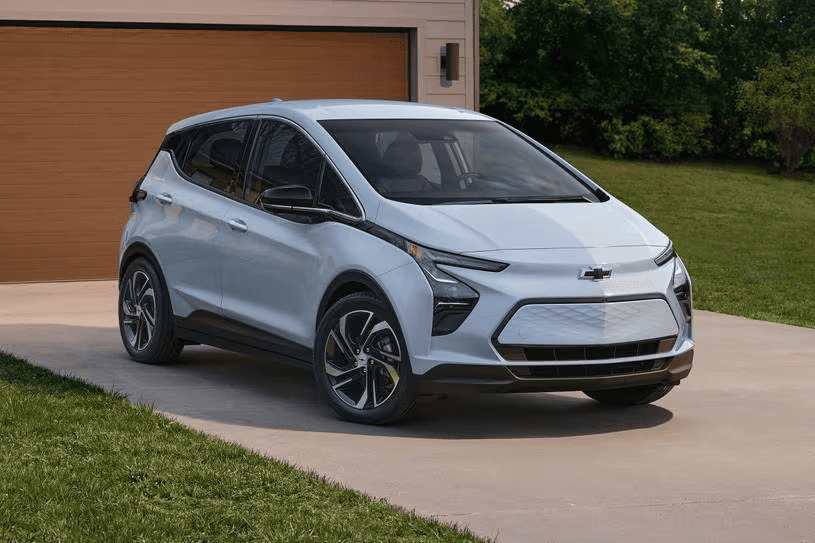
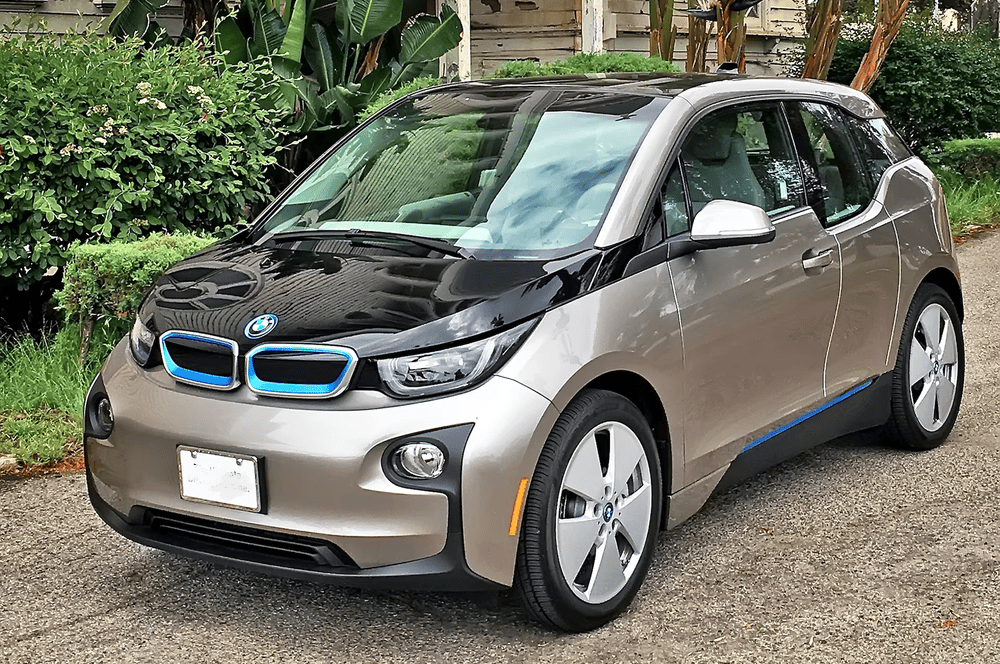
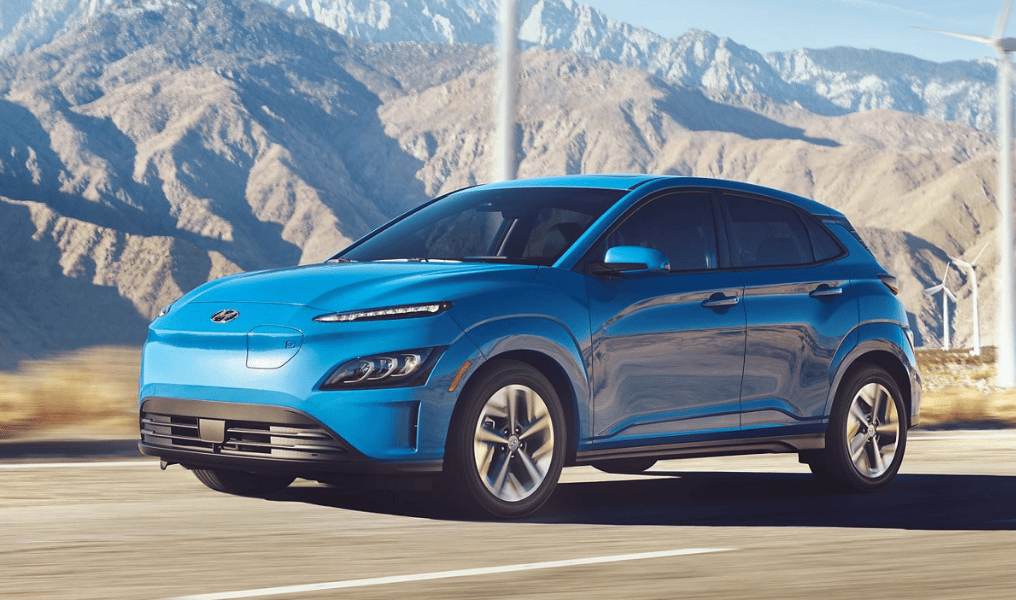
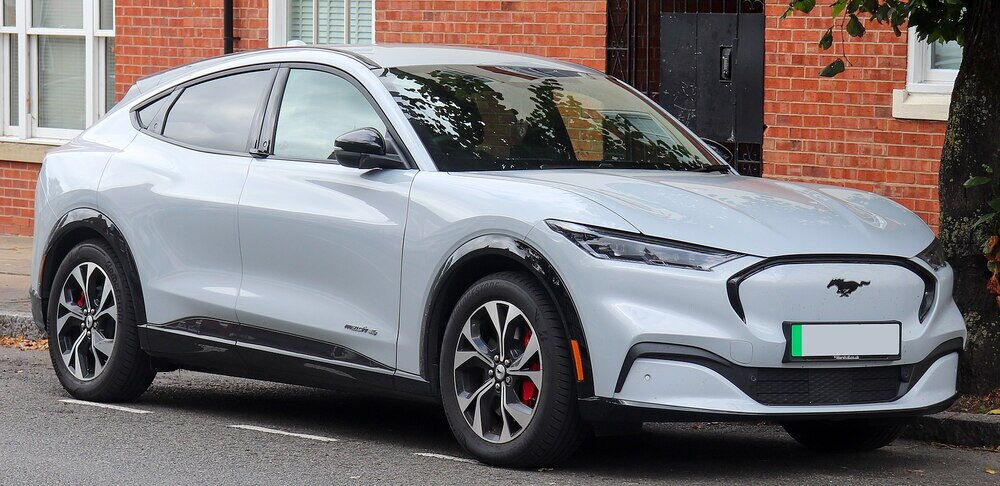
J1772 chargers are often found in residential settings and public charging stations where moderate-speed charging is sufficient. They are ideal for daily commuting and overnight charging. The J1772 connector is designed with five pins for communication between the EV and the charging station, ensuring that the correct amount of power is delivered to the battery.
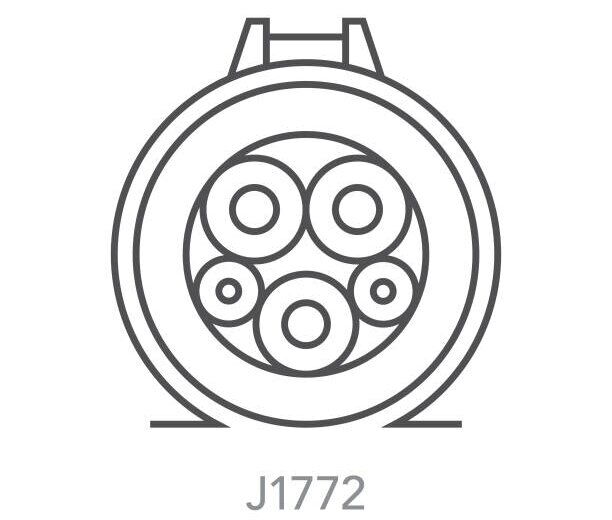
Nearly all electric vehicles and plug-in hybrid electric vehicles (PHEVs) sold in North America are compatible with J1772 chargers. Some of the most popular vehicles that use J1772 include:

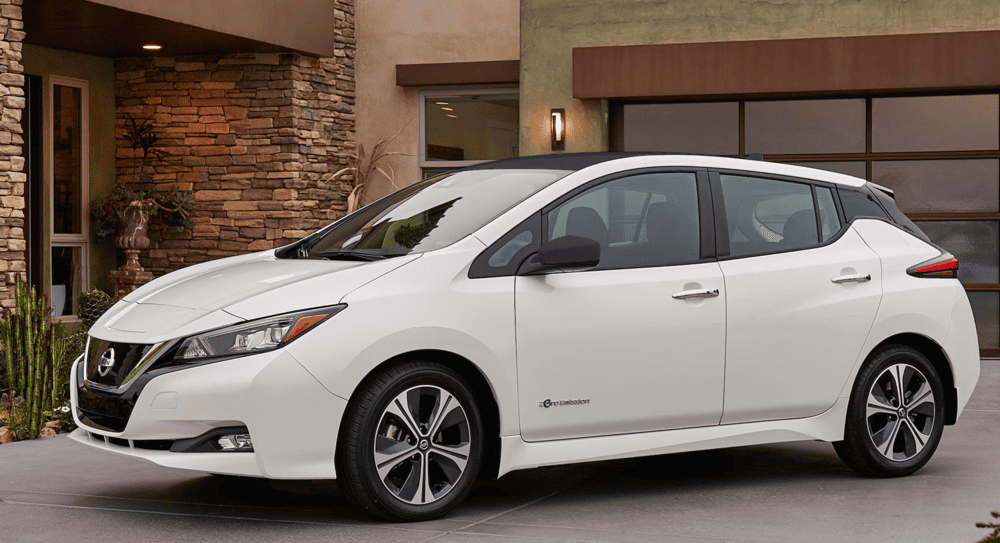



Tesla vehicles, while they have their own proprietary connector for Supercharging, also support J1772 charging with an adapter, allowing them to use non-Tesla charging stations that support this standard.
The Combined Charging System (CCS) is a more advanced connector designed to support both AC and DC fast charging. CCS builds upon the J1772 design by adding two additional pins for high-power DC charging, enabling much faster charging rates compared to standard AC charging.
There are two main versions of CCS: CCS1 is primarily used in North America, while CCS2 is more common in Europe and other regions. CCS1 is an extension of the J1772 connector, allowing it to use the same port for both AC (Level 1 and Level 2) and DC fast charging (Level 3). This makes it a versatile option for electric vehicle owners who need rapid charging capabilities on the go.
CCS can deliver significantly higher power, often ranging from 50 kW to 350 kW, depending on the station and vehicle. This makes it ideal for long road trips and for those who need a quick recharge during travel.
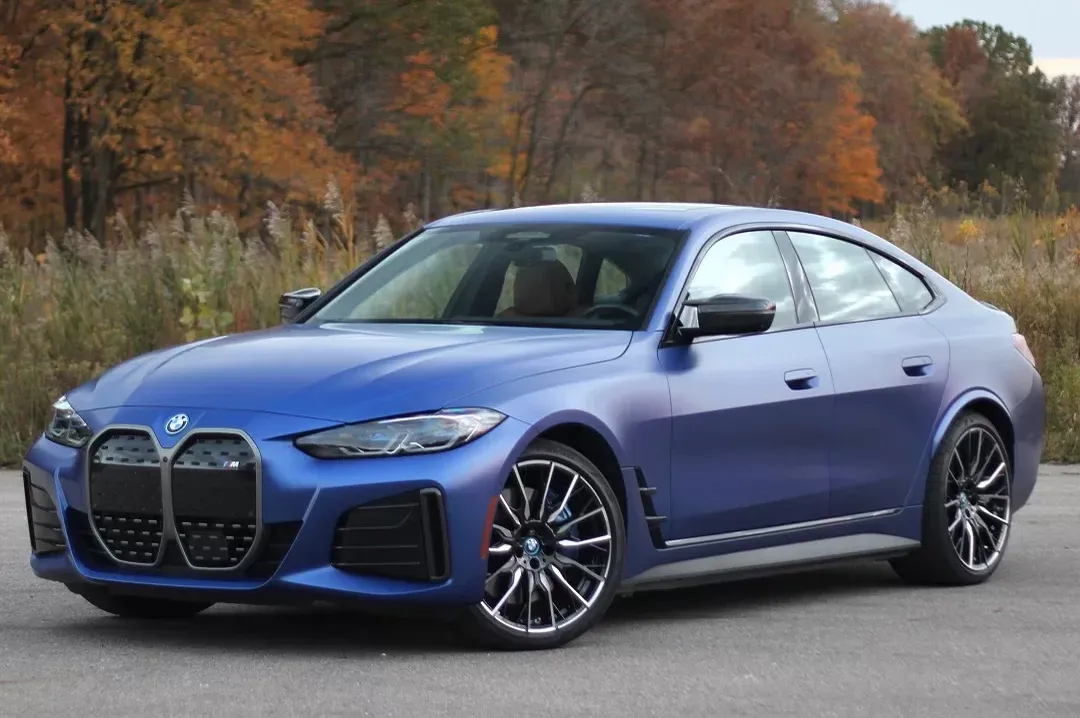
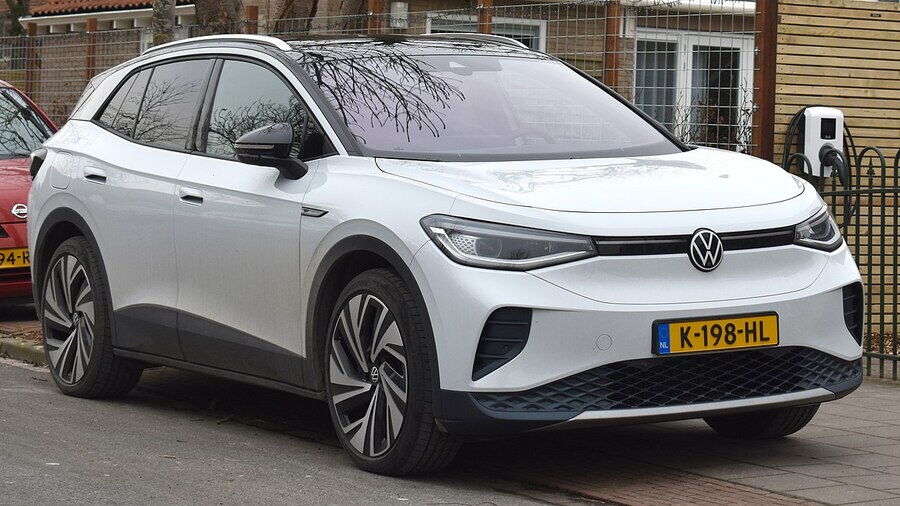
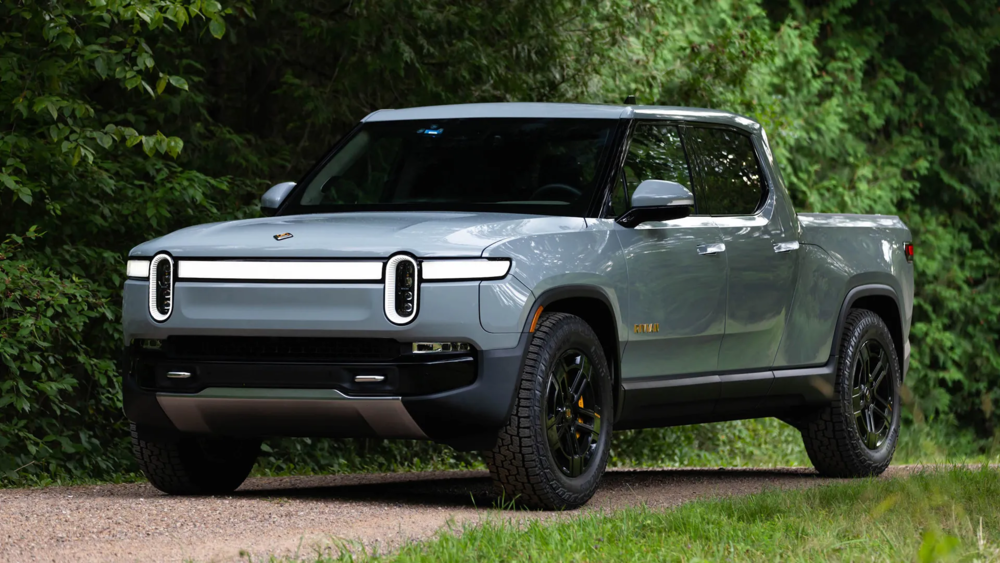
As electric vehicle technology advances, more automakers are adopting CCS connectors as the standard for new models due to its ability to offer fast charging in a single connection. Understanding the key differences between J1772 and CCS will help you decide which connector is best for your vehicle and driving habits. Here are some of the main distinctions: J1772 is limited to AC charging, which is slower, with power levels between 1.4 kW and 19.2 kW. It’s mainly used for Level 1 and Level 2 charging, ideal for overnight or home use.
CCS supports both AC and DC fast charging. The DC charging option offers much faster rates, typically between 50 kW and 350 kW, making it suitable for long-distance travel and quick recharges. J1772 is perfect for daily commutes and situations where overnight charging or moderate-speed charging is sufficient.
CCS is better suited for drivers who frequently take long trips or need the ability to charge their vehicle quickly on the road. J1772 uses a five-pin connector for communication and power delivery, designed specifically for AC charging.
CCS builds on the J1772 design, adding two more pins to enable high-power DC charging. This makes the CCS connector more versatile, allowing it to handle both AC and DC power through the same port. J1772 is widely compatible with most EVs and PHEVs in North America, except for Tesla, which requires an adapter.
CCS is becoming increasingly common in newer EV models due to its ability to handle fast charging. Many newer electric vehicles, especially those designed for long-range driving, come with CCS connectors as standard. Choosing the right charging connector depends on several factors, including the type of electric vehicle you own, your charging habits, and how you plan to use your vehicle. Here are a few tips to help you make the right decision: Before making any decisions, check your vehicle’s specifications to see which type of charging connector it uses. If your car supports both J1772 and CCS (via adapters or built-in support), you’ll have more flexibility in choosing charging stations. If you typically use your EV for short commutes and can charge it overnight at home, a J1772 charger may be sufficient. However, if you frequently take long trips and need fast charging on the go, a CCS connector would be more suitable. The EV landscape is constantly evolving, and more charging stations are offering CCS fast-charging options. If you’re planning to keep your EV for several years, opting for a vehicle with CCS capability could future-proof your charging options as the fast-charging network continues to expand. If you primarily charge at home using a Level 2 charger, J1772 is likely the most practical option. For public charging, especially for long-distance travel, having access to CCS fast charging will be highly beneficial. Both J1772 and CCS play vital roles in the EV charging ecosystem, offering different capabilities depending on your vehicle’s needs and your driving habits. While J1772 is perfect for daily use and moderate-speed charging, CCS is ideal for those who require fast charging on the go. As the electric vehicle market continues to expand, understanding the differences between these two standards will help ensure you’re making the best choice for your EV charging requirements.
Whether you choose J1772 or CCS, it’s important to stay informed about the charging options available for your electric vehicle, ensuring you have the power and convenience you need for every journey.
There are two main versions of CCS: CCS1 is primarily used in North America, while CCS2 is more common in Europe and other regions. CCS1 is an extension of the J1772 connector, allowing it to use the same port for both AC (Level 1 and Level 2) and DC fast charging (Level 3). This makes it a versatile option for electric vehicle owners who need rapid charging capabilities on the go.
CCS can deliver significantly higher power, often ranging from 50 kW to 350 kW, depending on the station and vehicle. This makes it ideal for long road trips and for those who need a quick recharge during travel.
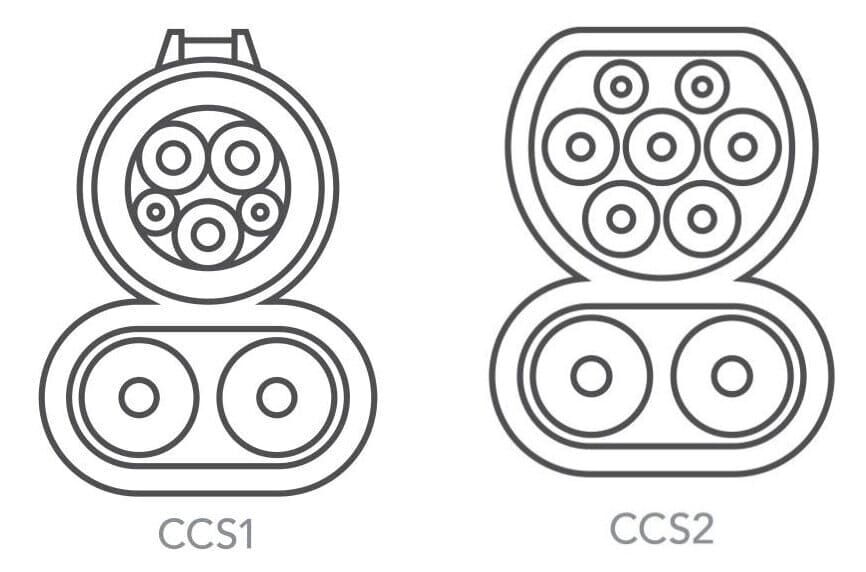


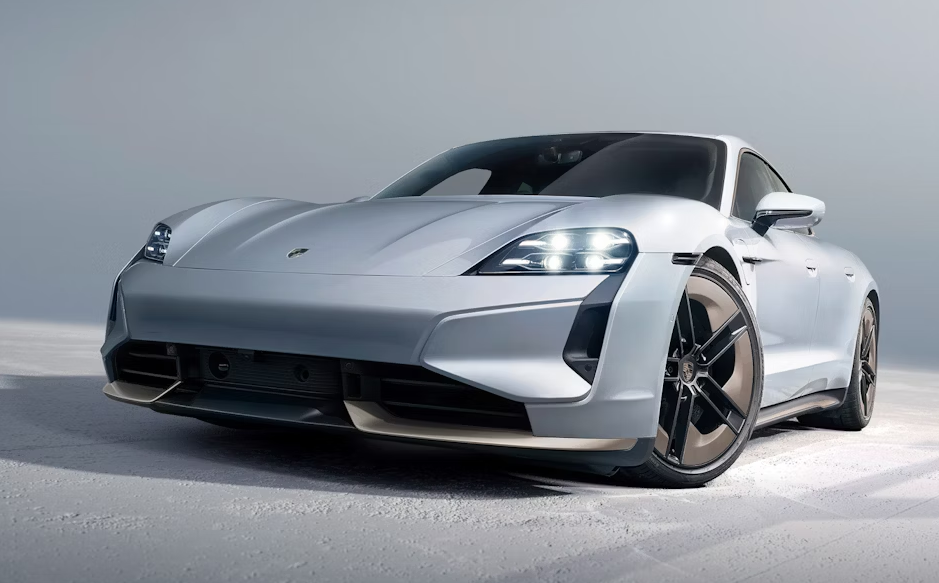


As electric vehicle technology advances, more automakers are adopting CCS connectors as the standard for new models due to its ability to offer fast charging in a single connection. Understanding the key differences between J1772 and CCS will help you decide which connector is best for your vehicle and driving habits. Here are some of the main distinctions: J1772 is limited to AC charging, which is slower, with power levels between 1.4 kW and 19.2 kW. It’s mainly used for Level 1 and Level 2 charging, ideal for overnight or home use.
CCS supports both AC and DC fast charging. The DC charging option offers much faster rates, typically between 50 kW and 350 kW, making it suitable for long-distance travel and quick recharges. J1772 is perfect for daily commutes and situations where overnight charging or moderate-speed charging is sufficient.
CCS is better suited for drivers who frequently take long trips or need the ability to charge their vehicle quickly on the road. J1772 uses a five-pin connector for communication and power delivery, designed specifically for AC charging.
CCS builds on the J1772 design, adding two more pins to enable high-power DC charging. This makes the CCS connector more versatile, allowing it to handle both AC and DC power through the same port. J1772 is widely compatible with most EVs and PHEVs in North America, except for Tesla, which requires an adapter.
CCS is becoming increasingly common in newer EV models due to its ability to handle fast charging. Many newer electric vehicles, especially those designed for long-range driving, come with CCS connectors as standard. Choosing the right charging connector depends on several factors, including the type of electric vehicle you own, your charging habits, and how you plan to use your vehicle. Here are a few tips to help you make the right decision: Before making any decisions, check your vehicle’s specifications to see which type of charging connector it uses. If your car supports both J1772 and CCS (via adapters or built-in support), you’ll have more flexibility in choosing charging stations. If you typically use your EV for short commutes and can charge it overnight at home, a J1772 charger may be sufficient. However, if you frequently take long trips and need fast charging on the go, a CCS connector would be more suitable. The EV landscape is constantly evolving, and more charging stations are offering CCS fast-charging options. If you’re planning to keep your EV for several years, opting for a vehicle with CCS capability could future-proof your charging options as the fast-charging network continues to expand. If you primarily charge at home using a Level 2 charger, J1772 is likely the most practical option. For public charging, especially for long-distance travel, having access to CCS fast charging will be highly beneficial. Both J1772 and CCS play vital roles in the EV charging ecosystem, offering different capabilities depending on your vehicle’s needs and your driving habits. While J1772 is perfect for daily use and moderate-speed charging, CCS is ideal for those who require fast charging on the go. As the electric vehicle market continues to expand, understanding the differences between these two standards will help ensure you’re making the best choice for your EV charging requirements.
Whether you choose J1772 or CCS, it’s important to stay informed about the charging options available for your electric vehicle, ensuring you have the power and convenience you need for every journey.
